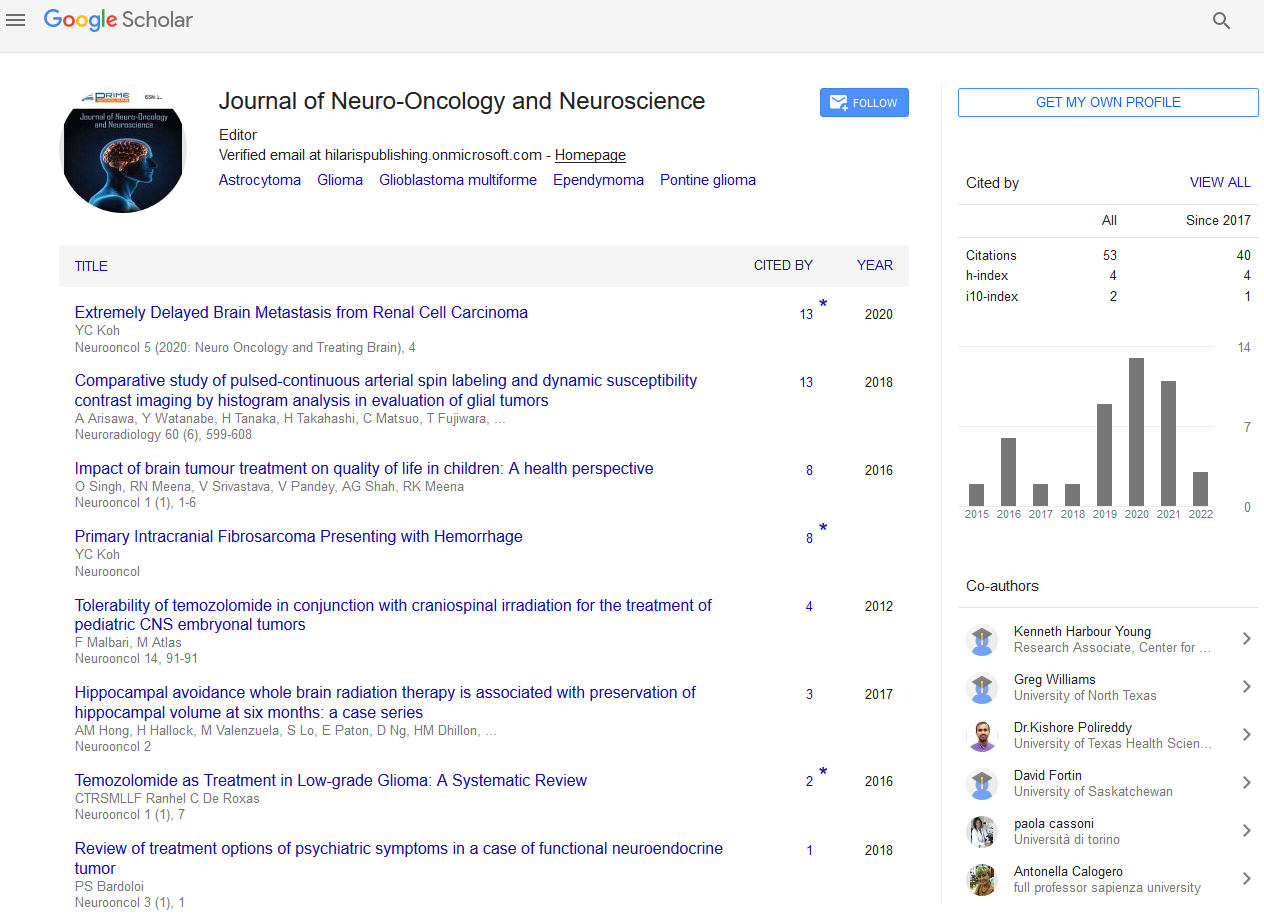Short Communication - (2022) Volume 7, Issue 6
Study of Living Organism Immune System and their Characterstics
Gan Luo*
Department of Environmental Science and Engineering, Fudan University, China
*Correspondence:
Gan Luo,
Department of Environmental Science and Engineering, Fudan University,
China,
Email:
Received: 01-Nov-2022, Manuscript No. IPJNO-22-15463;
Editor assigned: 03-Nov-2022, Pre QC No. IPJNO-22-15463 (PQ);
Reviewed: 17-Nov-2022, QC No. IPJNO-22-15463;
Revised: 22-Nov-2022, Manuscript No. IPJNO-22-15463 (R);
Published:
29-Nov-2022, DOI: 10.21767/25720376.7.6.57
INTRODUCTION
The medical study of vulnerable systems in humans, creatures,
shops, and other sapient species is known as immunology,
and it’s a branch of biology and drug. As a result, we can see
that veterinary drug and beast biosciences mortal immunology
and relative immunology differ. Medicine and epidemiology
are intertwined in classical immunology. It investigates the
connection between the vulnerable system, pathogens, and
the body’s systems. The pest that struck Athens in 430 BCE is
where the foremost written citation of impunity can be set up.
According to Thucydides, individualities who had recovered
from a former bout of the complaint were suitable to watch for
the sick without contracting the complaint again.
Description
This miracle is mentioned in numerous other ancient societies,
but the idea didn’t come a scientific proposition until the 19th
and 20th centuries. The abecedarian discipline of immunology
is the disquisition of the functions and relations of the vulnerable
system’s cellular and molecular factors. There’s an ingrain
vulnerable system, which is more primitive, and an acquired
vulnerable system, or adaptive vulnerable system, in invertebrates.
Cell- intermediated and humoral factors are farther
sub-divided into the ultimate. It’s now getting decreasingly apparent
that the vulnerable system plays a part in the onset of a
variety of common conditions that were preliminarily allowed.
To be vulnerable- mediated, similar as metabolic, cardiovascular,
cancer, and neurodegenerative conditions like Alzheimer’s.
In addition, contagious conditions like Tuberculosis, Malaria,
Hepatitis, Pneumonia, Dysentery and Helminthic Infestations
have direct goods on the vulnerable system. Because of this,
advances in biomedical exploration, biotechnology, and ultramodern
drug all depend heavily on exploration in immunology.
Tone andnon self-recognition is capabilities of the vulnerable
system. A substance that initiates the vulnerable response is
known as an antigen. Lymphocytes are the cells that play a part in feting the antigen. Antibodies are made when they fete.
Antibodies are proteins that kill the microorganisms that beget
complaint. Antibodies don’t kill pathogens directly; rather,
they identify antigens as targets for other vulnerable cells, like
phagocytes or NK cells, to destroy [1-4].
Conclusion
There are two types of vulnerable cells in the body. Those are
ingrain to the body and those that are responsive to an implicit
pathogen or foreign substance. According to evolutionary
proposition, the first line of defense is the ingrain impunity system.
It lacks particularity and has a static resistance (it doesn’t
get better over time and there’s no memory for posterior exposures).
This includes physical defences like cilia, commensal
foliage, acidic gastric contents, fever, and skin and epithelial
shells. There are also biochemical defences like interferon’s,
fibronectin, answerable lysosyme, and the acute phase reactants
and complement. Natural killer cells and RES phagocytes
are exemplifications of cellular factors. The commerce between
antibodies and antigens is what’s known as the (antibody)
response. Antigens are anything that triggers the product of
antibodies (antibody creators), whereas antibodies are specific
proteins released from a specific class of vulnerable cells
known as B lymphocytes. Understanding the cellular response
to these two natural realities is abecedarian to immunology.
Acknowledgement
None.
Conflict of Interest
The author’s declared that they have no conflict of interest.
References
- Piliang H, Sunil S, Adav D (2017) Recent advances in mass spectrometric analysis of protein deamidation. Mass Spectrom Rev 36(6): 677â??692.
[Crossref] [Google Scholar] [PubMed]
- Noyhouzer T, Valdinger I, Mandler D (2013) Enhanced potentiometry by metallic nanoparticles. Anal Chem 85(17): 8347â??8353.
[Crossref] [Google Scholar] [PubMed]
- Sun J, Geng Z, Xue N (2018) A mini-system integrated with metal-oxide-semiconductor sensor and micro-packed gas chromatographic column. Micromachines 9(8): 408.
[Crossref] [Google Scholar] [PubMed]
- Hurtado M, Davidson JL, Blyth CA, Lowe J (2010) Holographic detection of hydrocarbon gases and other volatile organic compounds. Langmuir 26(19): 15694â??9.
[Crossref] [Google Scholar] [PubMed]
Citation: Luo G (2022) Study of Living Organism Immune System and their Characteristics. Neurooncol. 7:57.
Copyright: © 2022 Luo G. This is an open-access article distributed under the terms of the Creative Commons Attribution License,
which permits unrestricted use, distribution, and reproduction in any medium, provided the original author and source are
credited.

